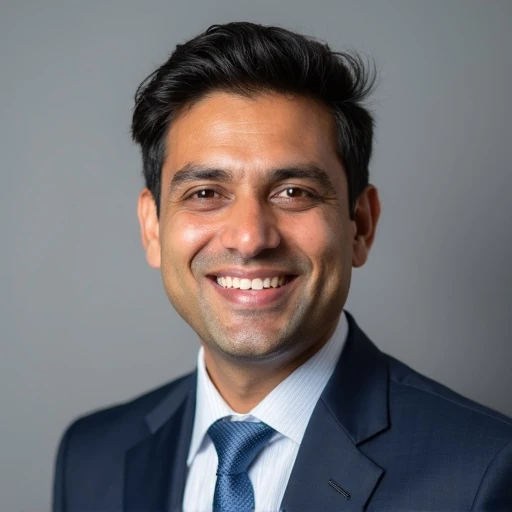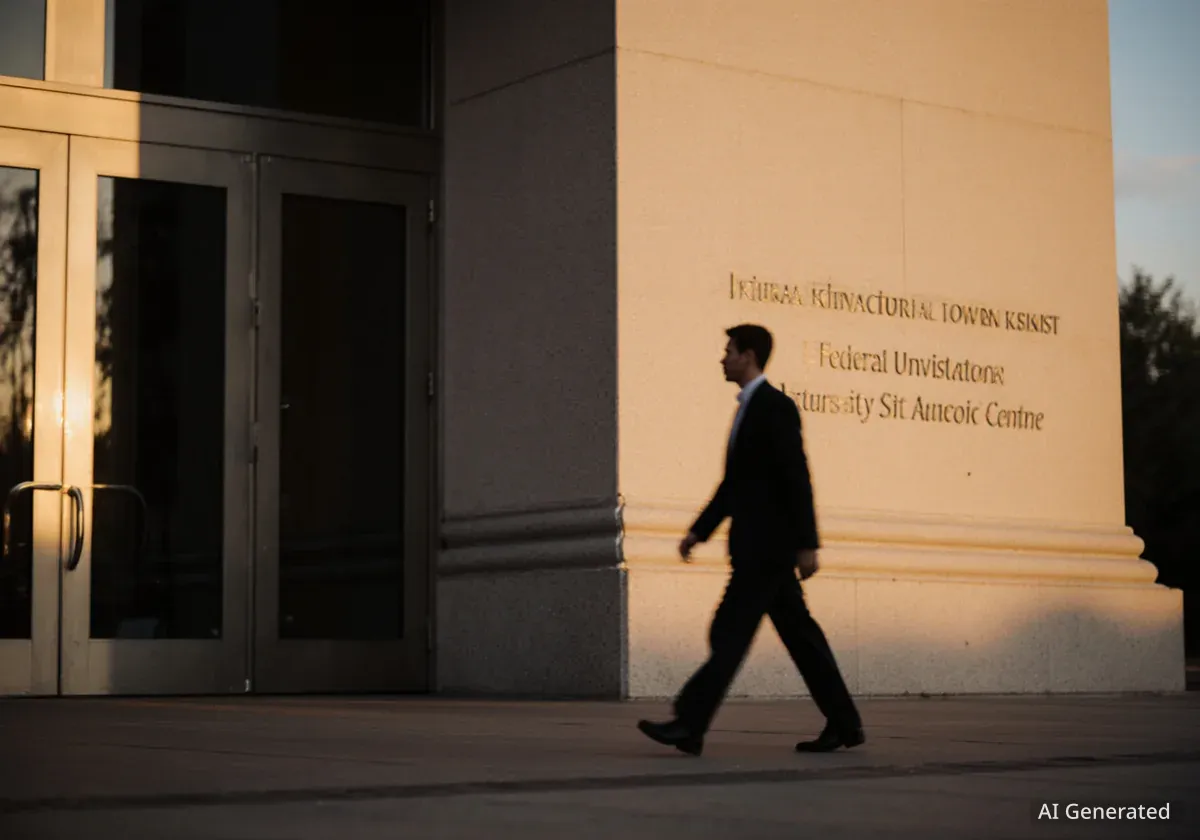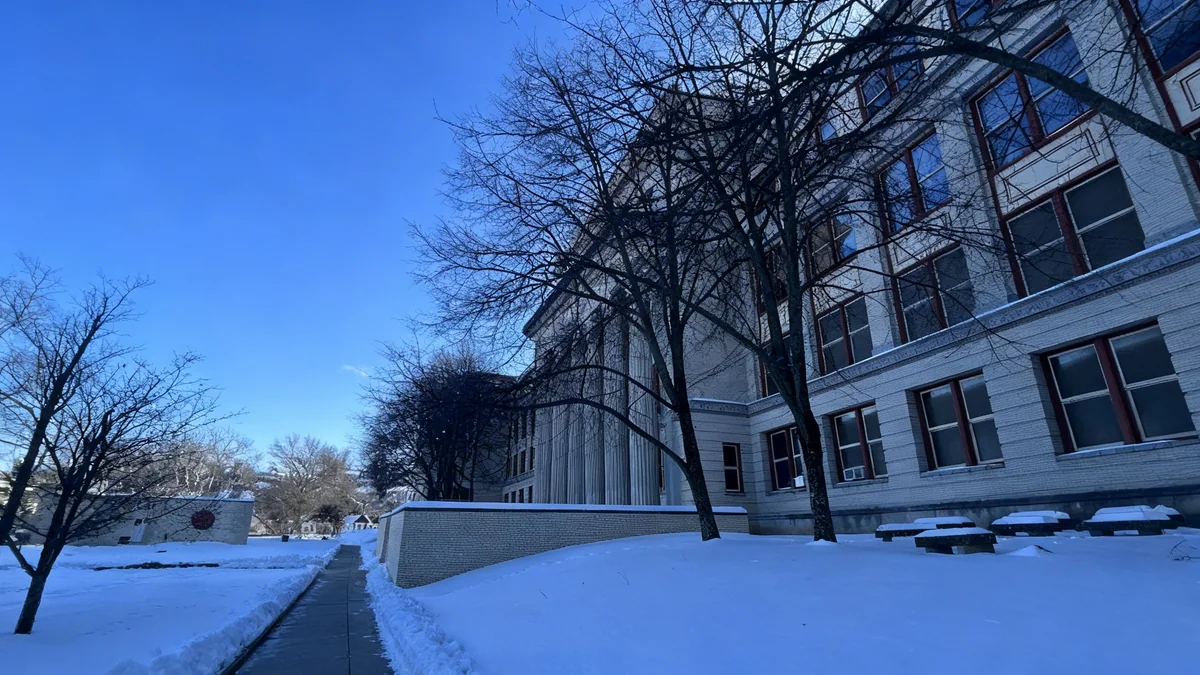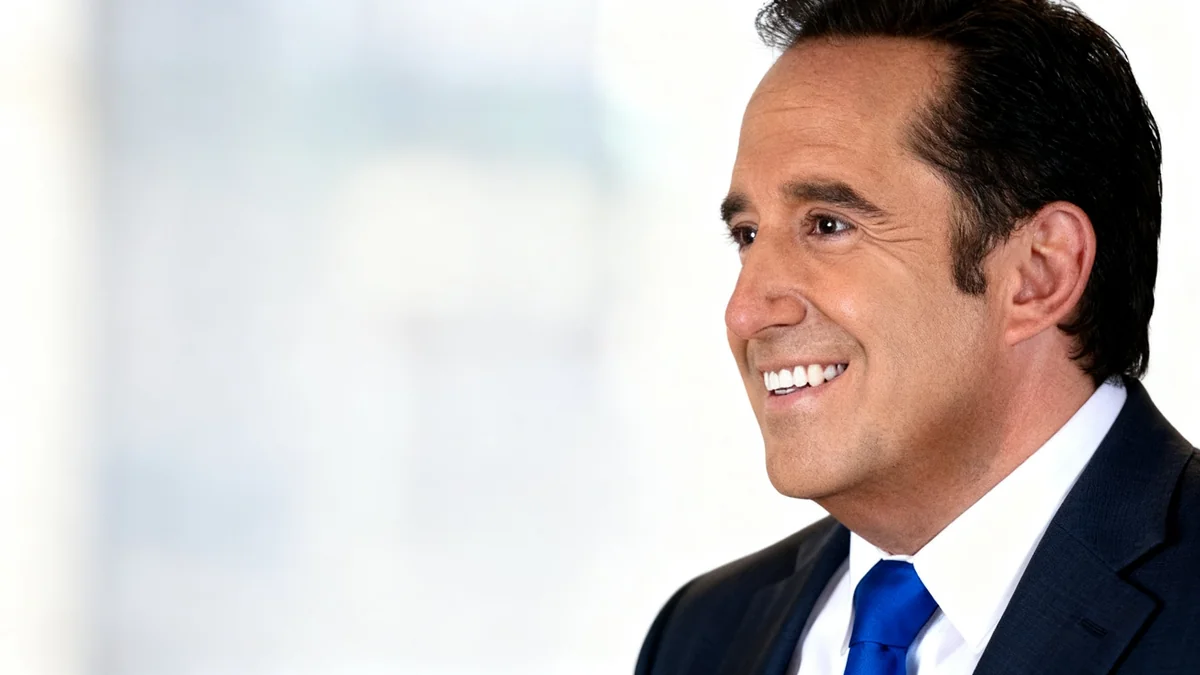A reported policy shift within the U.S. State Department could introduce new health-related hurdles for individuals seeking permanent residency in the United States. The directive, which focuses on medical conditions that could make an applicant a potential “public charge,” is causing concern among prospective immigrants, particularly from India, while leaving short-term visitors like students largely unaffected.
The guidance reportedly instructs consular officers to more closely evaluate applicants with chronic health issues such as obesity, diabetes, and heart-related disorders. The core concern is whether these individuals might eventually rely on U.S. public resources for their healthcare needs, adding a new layer of scrutiny to the immigration process.
Key Takeaways
- A new directive reportedly asks U.S. consular officers to deny visas to applicants with medical conditions who might become a “public charge.”
- The policy primarily targets applicants for permanent residency (green cards), including those in family-based and employment-based categories.
- Students on temporary visas are not expected to be impacted, as they are already required to hold private health insurance.
- Immigration experts believe this will add significant delays and uncertainty for many applicants, especially from countries like India where such health conditions are prevalent.
- The assessment will likely depend on an applicant's ability to prove they can cover their own medical costs through private insurance or personal funds.
A Shift in Immigration Scrutiny
The reported change represents a significant expansion of the “public charge” rule, which has historically focused on an applicant's financial self-sufficiency. By including specific health conditions, the new guidance empowers consular officers, who often lack medical training, to make judgments about an applicant's potential future healthcare costs.
This move is seen by some as an attempt to reduce the potential strain on the U.S. public health system. Piyush Kumar, a director at study abroad platform IDP, noted that the U.S. government has recently reduced funding for medical aid programs. “The U.S. government... does not want to let in people who would depend on government assistance for health care,” he explained.
For many applicants, this introduces an unpredictable element into an already complex process. The decision to grant or deny a visa could now hinge not just on professional qualifications or family ties, but on a consular officer's interpretation of a medical record.
Impact on Indian Applicants
Immigration lawyers suggest that Indian nationals, particularly those applying for employment-based and family-sponsored green cards, could be disproportionately affected. India has a large population and a high prevalence of conditions like diabetes and heart disease, which are named in the new guidance.
Public Charge Rule Explained
The “public charge” rule is a long-standing part of U.S. immigration law. It allows the government to deny a visa to anyone who is likely to become primarily dependent on the government for subsistence. This new interpretation expands the definition to include reliance on publicly funded long-term care.
Prachi Shah, who runs an eponymous law firm, described the change as a “new vector of risk” for Indian applicants. She explained that the pool of Indian nationals who might fall into the “chronic disease” category is substantial. “It targets their medical/health history and ability to pay for care, which is now explicitly in the frame,” Shah stated.
This does not mean an automatic denial for every applicant with a listed condition. However, it does mean they will face a higher burden of proof. Applicants will need to demonstrate convincingly that they have the financial resources or robust private health insurance to manage their condition without U.S. public assistance. Kunal Sharma, founder of Taraksh Lawyers & Consultants, believes this will have a “discernible impact” on Indian applicants and signals a “more intrusive health-based scrutiny in consular adjudication.”
The Role of Consular Officers
A key point of concern among legal experts is the role of consular officers in implementing this policy. These officials are not medical professionals, yet they will be tasked with assessing the long-term health risks and financial implications of an applicant's medical condition.
“The revised rules urge visa officials without any medical expertise to deny entry to applicants… thus deepening existing hurdles,” said Keshav Singhania, head of private client services at law firm Singhania & Co.
Deepak Ahluwalia, of Singh Ahluwalia Attorneys at Law, framed the move as part of a broader effort to find new grounds for visa denials. He argued that it is an “assault and drive to find any possible basis to deny a visa to foreign nationals.”
Existing Medical Examinations
All U.S. immigrant visa applicants are already required to undergo a medical examination by an embassy-approved physician. This screening traditionally focuses on communicable diseases of public health significance, proof of required vaccinations, physical or mental disorders with associated harmful behavior, and substance abuse.
The new guidance adds another layer on top of this existing framework. Even if an applicant passes the standard medical exam, a consular officer could still deny the visa based on a determination that a chronic but non-infectious condition makes them a potential public charge.
Who Is Not Affected?
The policy appears to be narrowly targeted at those seeking to live in the U.S. permanently. Immigration experts have been quick to reassure students and other temporary visa holders that they are unlikely to face this new scrutiny.
Individuals on non-immigrant visas, such as F-1 student visas, are typically in the U.S. for a fixed period and must prove they have sufficient funds, including medical insurance, to cover their entire stay. “Students going for fixed-duration non-immigrant visas are anyway required to have adequate medical insurance coverage for their study period, and hence it does not impact them,” Kumar confirmed.
This distinction is crucial, as it separates those intending to immigrate permanently from those entering for temporary work or study. The focus remains squarely on preventing new permanent residents from becoming long-term dependents on the public healthcare system.
Ultimately, the new directive adds a layer of complexity and uncertainty for thousands of families and professionals hoping to make the U.S. their home. For many, the path to a green card may now involve not only proving their professional and financial worth but also demonstrating their long-term health and ability to pay for it.





